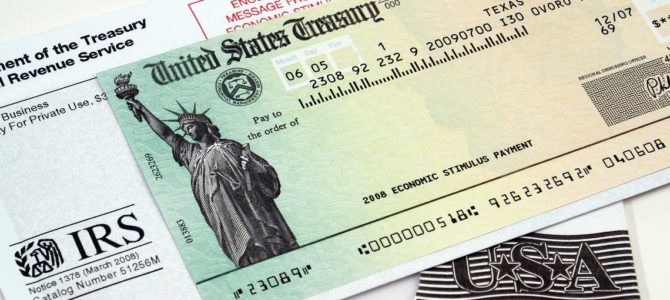A new study from the Foundation for Government Accountability (FGA), a Florida-based public policy think tank, found Congress’ recently beefed up unemployment insurance, which dolled out an additional $600 a week on top of state benefits , ultimately corrupted claims and killed jobs.
The increased benefits, the FGA reports, incentivized wide-spread unemployment fraud from able-bodied individuals who, when eligible to return to work, refused in order to continue collecting unemployment insurance instead where the average benefit comes out to $1,000 a week nationwide, which is equivalent to about $50,000 annually.
An April study with similar findings from the conservative Heritage Foundation found that the median full-time worker earning $48,000 a year would take home 15 percent more than their full-time gig and concluded that the blown-up program likely inflated unemployment by nearly 14 million.
The new research from the FGA builds on another report from the Department of Labor inspector general in June estimating waste, fraud, and abuse over the expanded benefits from the Coronavirus, Aid, Relief, and Economic Security (CARES) Act reached more than $26 billion as international fraud rings have also targeted swollen state programs.
“The $600 weekly unemployment bonus created by the CARES Act transformed the program into a goldmine for fraudsters,” said senior research fellow Josh Waters who authored the study. “Allowing the UI bonus to expire as scheduled will help reduce the incentive for fraud, decrease the inflated cost of fraud, and eliminate the driving force currently pushing people towards unemployment rather than work. Additional program integrity measures taken by states will ensure that fraudulent claims are caught and stopped, and that the system is there for those who truly need it.”
While the additional benefits are expected to expire next week, House Democrats proposed extending them through next year, as is in their latest pandemic relief package. Consensus exists among Congressional Republicans that some form of extension is needed but are pushing to lower the $600 benefit to under $200 without tightening restrictions where individuals can make claims “as a direct result of COVID-19” verified only by self-assertion. In contrast, Congress only increased federal unemployment insurance by a mere $25 weekly bonus amid the Great Recession in 2009.
“This is a huge disincentive to get people going back to work,” senior FGA fellow Joe Horvath, who specializes in unemployment insurance, told The Federalist. Horvath added that Congress needs to be careful with how much they keep federal benefits inflated as to not make it harder for businesses to bring back employees who are raking in nearly just as much cash from government hand outs.
“I would be extremely careful that you’re not making sure businesses have a harder time reopening than they should,” he said.









